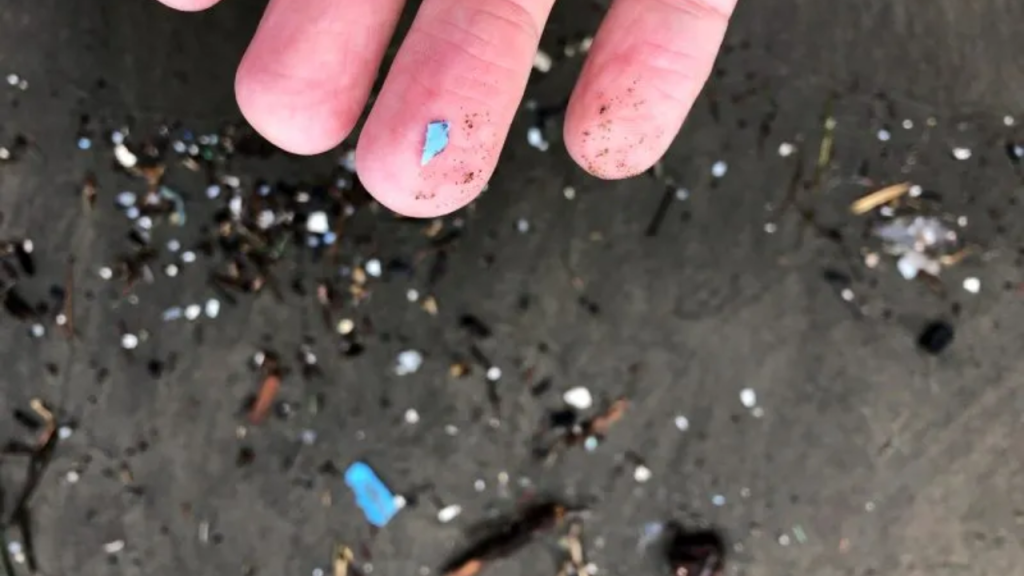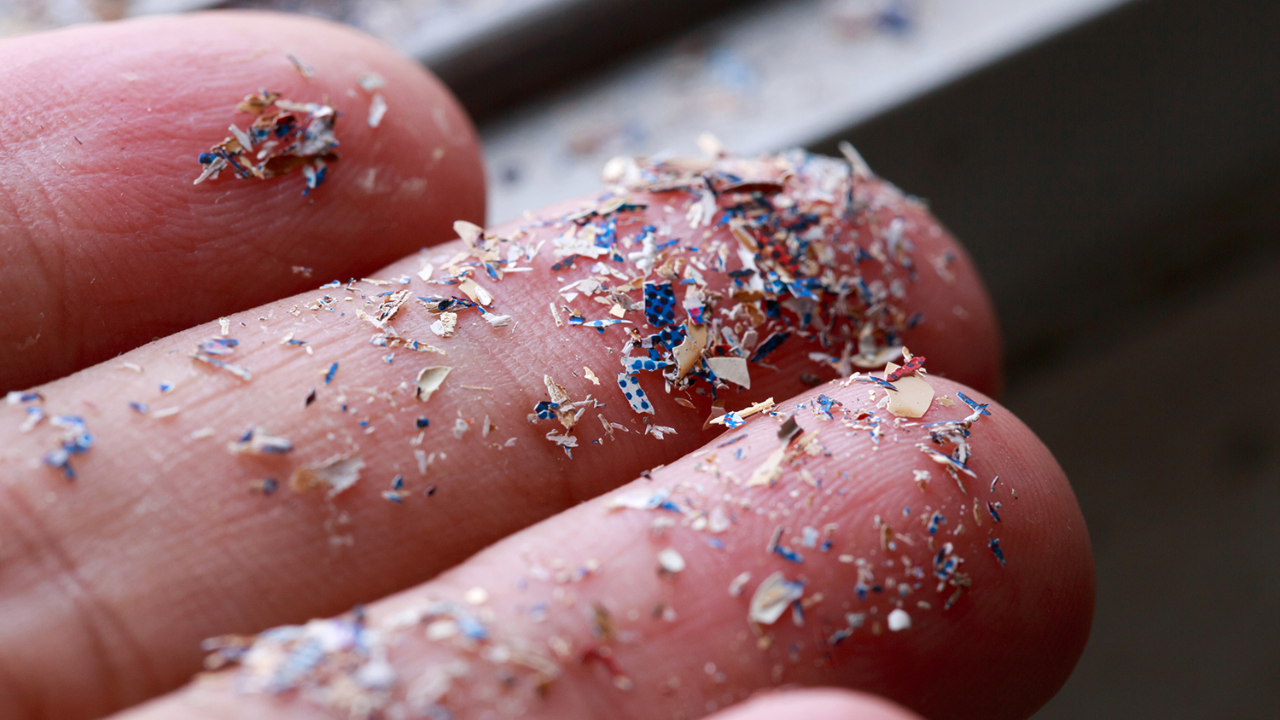In recent years, concerns about microplastics tiny plastic particles less than 5 millimeters in size have grown as studies reveal their increasing presence in the environment and even in human bodies. Now, scientists warn that microplastics found in junk food could be seriously affecting mental health, potentially contributing to depression, anxiety, and other neurological disorders.
What Are Microplastics?
Microplastics are tiny fragments of plastic that come from the breakdown of larger plastic waste or are manufactured as microbeads used in products like cosmetics. These particles are so small that they can easily contaminate the air we breathe, the water we drink, and the food we eat. The most common way microplastics enter the human body is through ingestion or inhalation.
Junk Food: A Hidden Source of Microplastic Exposure
Ultra-processed foods—commonly known as junk food—include chips, soft drinks, processed meats, and ready-to-eat snacks. These foods are often packaged in plastic and undergo extensive processing, making them particularly vulnerable to contamination by microplastics.
A recent study highlighted that some junk foods, like chicken nuggets, can contain significantly higher amounts of microplastics compared to their unprocessed counterparts. For example, processed chicken nuggets had far more microplastics than whole chicken breasts. The packaging materials, additives, and processing methods all contribute to this contamination.
Microplastics in the Brain: What Scientists Are Finding
Perhaps the most alarming discovery is that microplastics have been detected in human brain tissue. Research published in early 2025 revealed that the average human brain might contain an amount of microplastic roughly equivalent to a plastic spoon’s worth. Even more worrying, individuals with neurodegenerative diseases such as dementia were found to have three times as much microplastic accumulation in their brains compared to healthy individuals.
Scientists are still working to understand how microplastics cross the blood-brain barrier—a protective shield that normally keeps harmful substances out of the brain. However, early studies suggest these tiny plastics may trigger inflammation, oxidative stress, and disruption in normal brain functions, all of which have been linked to mental health disorders including depression and anxiety.

The Possible Link Between Microplastics and Mental Health
While the exact effects of microplastics on mental health are not yet fully understood, there is growing evidence of their potential harm. The biological stress microplastics cause can interfere with neurotransmitter systems responsible for mood regulation and cognitive functions. This disruption may contribute to symptoms like low mood, memory loss, and increased anxiety.
Given the rise in consumption of ultra-processed foods worldwide alongside an increase in mental health issues, the possible connection between microplastic ingestion and brain health is an urgent public health concern.
What Can You Do to Protect Yourself?
Experts advise taking proactive steps to reduce exposure to microplastics in your diet:
- Limit intake of ultra-processed and junk foods. Opt for fresh, whole foods that are less likely to be contaminated.
- Avoid heating food in plastic containers. Heating can cause plastics to break down further and leach into food.
- Choose natural fiber clothing and textiles over synthetic ones that shed microplastic fibers.
- Support environmental efforts to reduce plastic pollution, which ultimately affects food safety.
Government and Public Health Responses
The U.S. Food and Drug Administration (FDA) recognizes microplastics as an emerging concern and encourages research to better understand their impact on human health. They provide guidance on food safety and packaging materials on their official site FDA Food Safety.
Similarly, the Environmental Protection Agency (EPA) is actively working to reduce plastic pollution through regulations and public initiatives, which indirectly help reduce microplastic contamination. Learn more at EPA Plastic Pollution.


